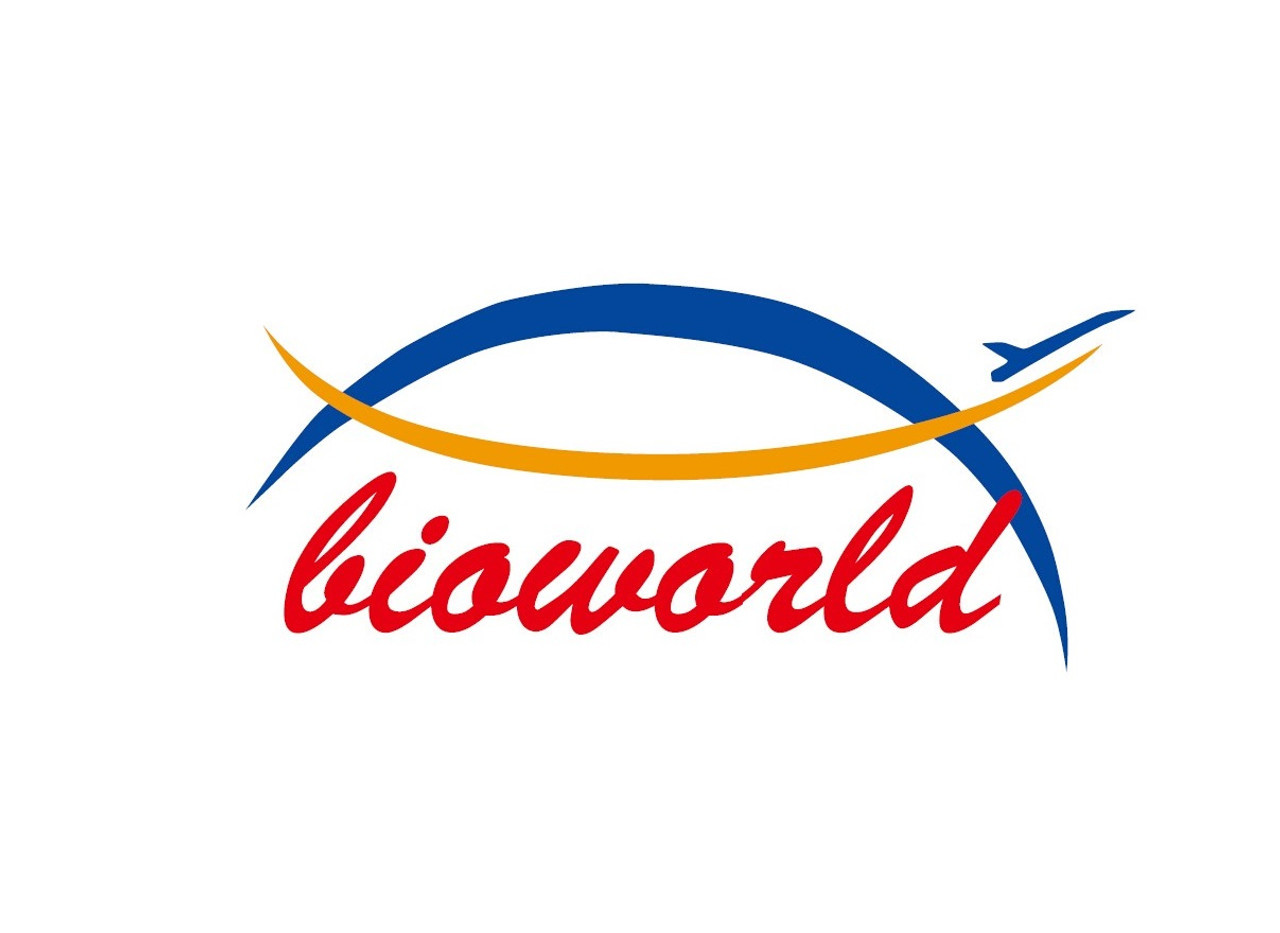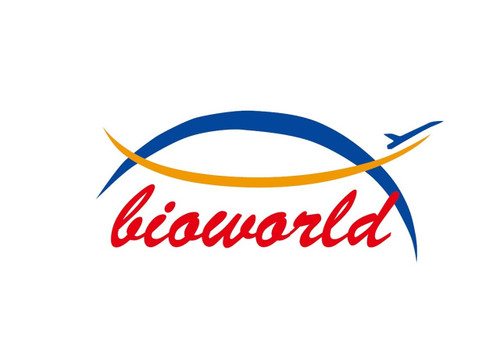Product Description
SUMO-2 (G93) polyclonal Antibody | BS7068 | Bioworld
Host: Rabbit
Reactivity: Human,Mouse,Rat
Application: WB IHC IP
Application Range: WB: 1:500~1:1000 IHC: 1:50~1:200 IP: 1:50~1:200
Background: The small ubiquitin-related modifier (SUMO) proteins, which include SUMO-1, SUMO-2 and SUMO-3, belong to the ubiquitin-like protein family. Like ubiquitin, the SUMO proteins are synthesized as precursor proteins that undergo processing before conjugation to target proteins. Also, both utilize the E1, E2, and E3 cascade enzymes for conjugation. However, SUMO and ubiquitin differ with respect to targeting. Ubiquitination predominantly targets proteins for degradation, whereas sumoylation targets proteins to a variety of cellular processing, including nuclear transport, transcriptional regulation, apoptosis and protein stability. The unconjugated SUMO-1, SUMO-2 and SUMO-3 proteins localize to the nuclear membrane, nuclear bodies and cytoplasm, respectively. SUMO-1 utilizes Ubc9 for conjugation to several target proteins, which include IkBa, MDM2, p53, PML and Ran GAP1. SUMO-2 and SUMO-3 contribute to a greater percentage of protein modification than does SUMO-1, and unlike SUMO-1, they can form polymeric chains. In addition, SUMO-3 regulates b-Amyloid generation and may be critical in the onset or progression of Alzheimer’s disease.
Storage & Stability: Store at 4°C short term. Aliquot and store at -20°C long term. Avoid freeze-thaw cycles.
Specificity: SUMO-2 (G93) polyclonal Antibody detects endogenous levels of SUMO-2 protein.
Molecular Weight: ~ 11 kDa
Note: For research use only, not for use in diagnostic procedure.
Alternative Names: Small ubiquitin-related modifier 2; SUMO-2; HSMT3; SMT3 homolog 2; SUMO-3; Sentrin-2; Ubiquitin-like protein SMT3A; Smt3A; SUMO2; SMT3A; SMT3H2; SUMO3
Immunogen: Synthetic peptide, corresponding to amino acids 60-110 of Human SUMO-2.
Conjugate: Unconjugated
Modification: Unmodification
Purification & Purity: The Antibody was affinity-purified from rabbit antiserum by affinity-chromatography using epitope-specific immunogen and the purity is > 95% (by SDS-PAGE) .
Pathway:
 Euro
Euro
 USD
USD
 British Pound
British Pound
 NULL
NULL








